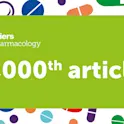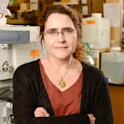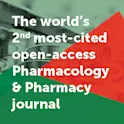Could new cancer drugs come from potatoes and tomatoes?
by Angharad Brewer Gillham, Frontiers science writer Image/Shutterstock.com Polish scientists revealed the potential for new cancer drugs to be formulated from bioactive compounds found in plants from the genus Solanum, like potatoes and aubergines. Everyone knows someone who has had cancer. In 2020, around 19m new cases — and around 10m deaths — were registered worldwide. Treatments are improving all the time but can damage healthy cells or have severe side-effects which are hard on patients; in the search for new, more targeted cancer drugs, traditional medicine offers many possible candidates. A team of Polish scientists led by Magdalena Winkiel at Adam Mickiewicz University, publishing today in Frontiers in Pharmacology, reviewed the bioactive compounds called glycolalkaloids that are found in many vegetables that are household names, like potatoes and tomatoes, to demonstrate their potential to treat cancer. “Scientists around the world are still searching for the drugs which will be lethal to cancer cells but at the same time safe for healthy cells,” said Winkiel. “It is not easy despite the advances in medicine and powerful development of modern treatment techniques. That is why it might be worth going back to medicinal plants that were used years ago with success […]














